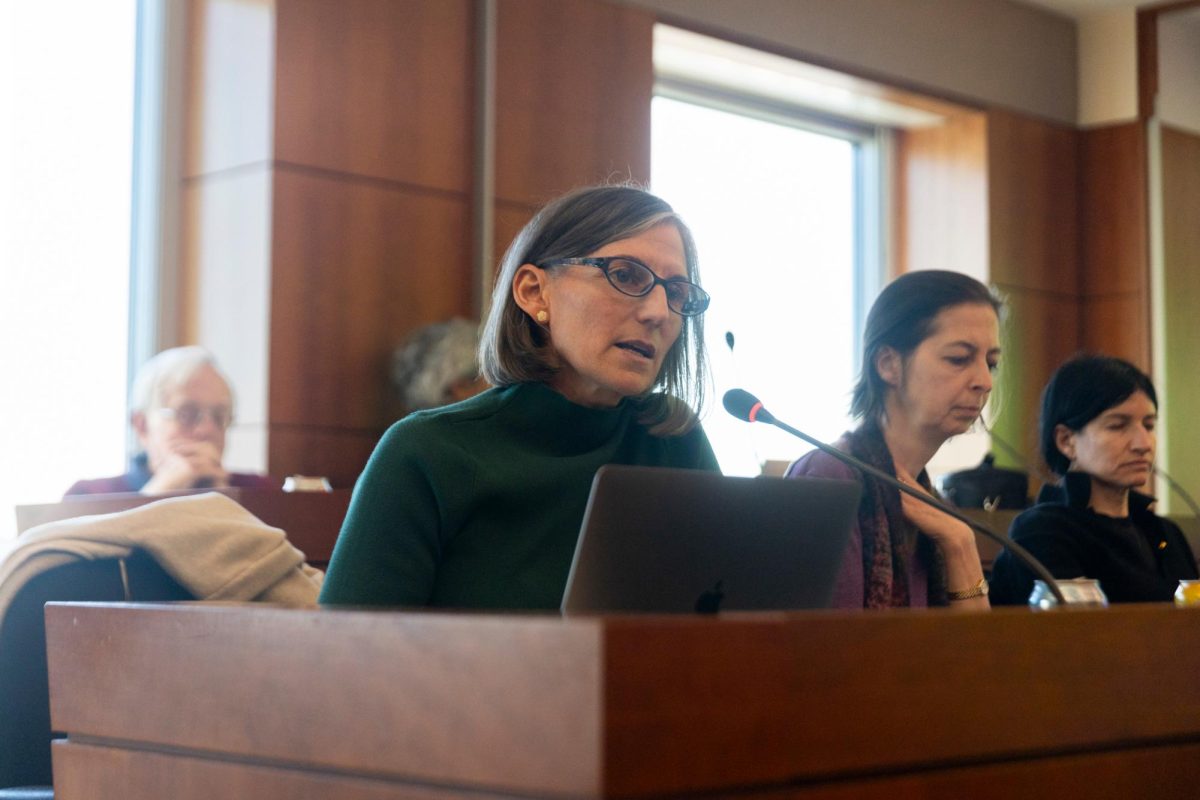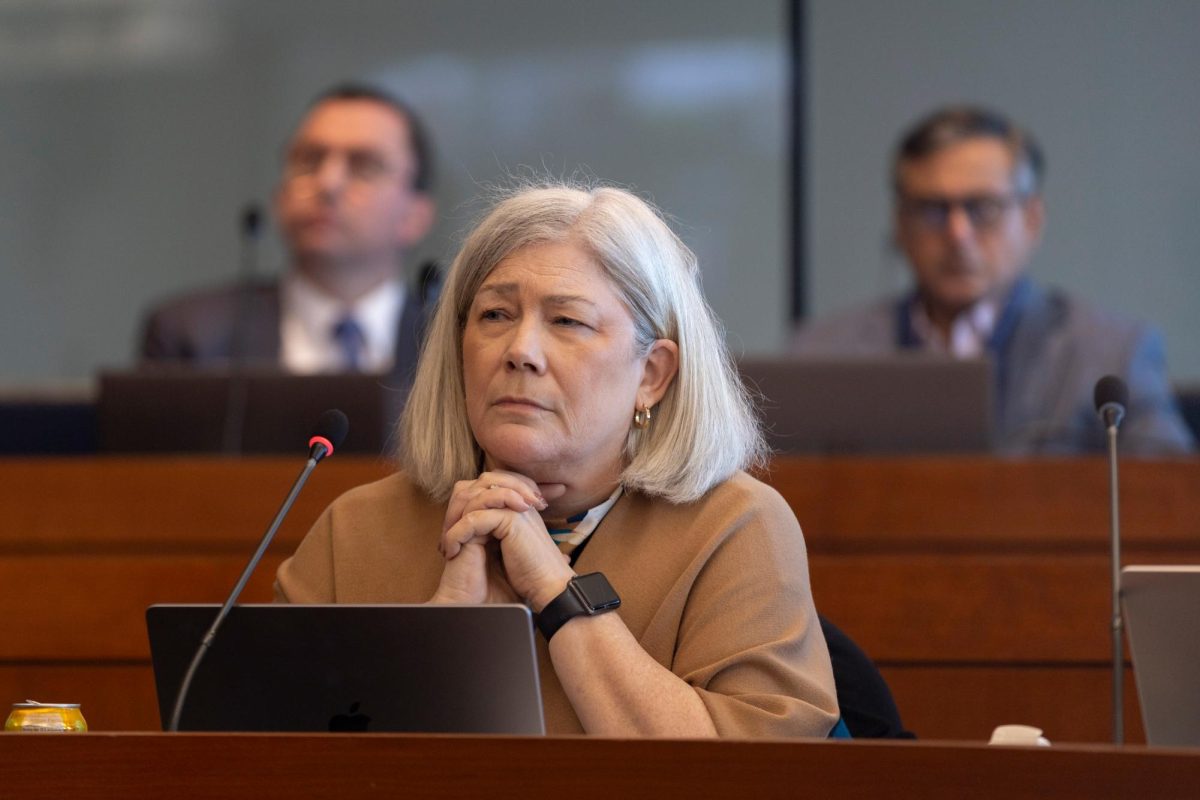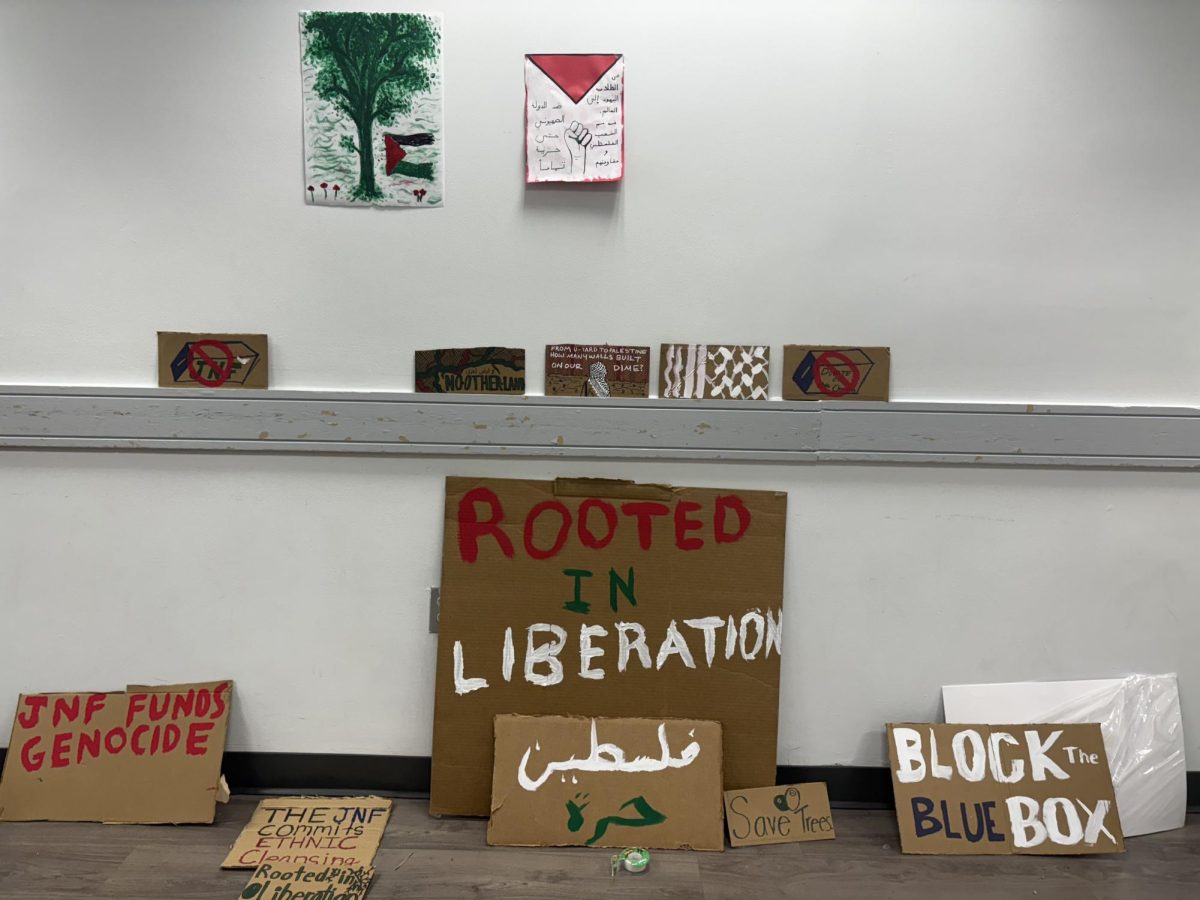Despite the student e-mail upgrade to Gmail more than a year ago, professors are still using the antiquated Colonial Mail e-mail system – though some said they’ve found ways to get around the problems the old system poses.
The Colonial Mail system – an e-mail system that was phased out of student use before the 2008-09 school year – has often been criticized for having inadequate storage space and not being user-friendly.
Last summer, the University set up a committee of faculty and administrators to determine which e-mail provider faculty and staff should be moved to, said David Steinour, the University’s chief information officer. The committee was considering a move to Groupwise, Microsoft Exchange or Gmail, Steinour said, though he added he thinks the Google option will be the final choice.
“My expectation is that over the next year to year and a half, we will migrate the faculty and staff, one department at a time, to the Google solution,” he said.
After the faculty gives its final approval for Google mail, University President Steven Knapp and the rest of the senior administrators will have to approve the plan, Steinour said. Once the plan is approved, Steinour and his staff will draw up contract negotiations with the new provider.
Steinour said the major complaints he receives about the Colonial Mail system are not about the system itself, but rather its lack of storage. CMail limits users to only 50 megabytes of data storage, while Gmail offers seven gigabytes. The difference in storage space amounts to thousands of e-mails or attachments.
Professors interviewed, though, said they have found ways around the storage capacity issues by forwarding their CMail accounts to other e-mail clients, like Gmail.
Professor Diana Lipscomb, a professor of biological science, said she is accustomed to the Colonial Mail system’s “clunky parts” and said she didn’t care when professors were moved to the Gmail client because she already forwards her e-mails to her personal Gmail account.
“The lack of storage space in Colonial Mail isn’t a problem, because I just forward the messages I want to keep from the Colonial account into my personal Gmail account,” Lipscomb said in an e-mail.
Janet Steele, an associate professor in the School of Media and Public Affairs, said she began forwarding her Colonial Mail e-mails to Gmail a long time ago and “has never looked back.”
“I got tired of constantly exceeding Colonial Mail’s quota, and having to delete messages – which of course I almost always needed once I deleted them,” Steele said in an e-mail. “It took a week or so to get used to the new system, but once I did, I never gave Colonial Mail another thought.”
Bruce Dickson, a professor of political science and international affairs, does not forward his e-mails from the Colonial Mail system, but said his main complaint was that Colonial Mail only displays 20 messages at a time.
“At least for me, that means I often forget to look at older messages for a while,” Dickson said.
Lipscomb said she is more concerned with updating her e-mail address with the National Science Foundation and her colleagues around the world, as professors may no longer have an @gwu.edu address if the University switches them to a Gmail system.
“[The transition] will be inconvenient but then it will be done. So why worry about it?” Lipscomb said.






